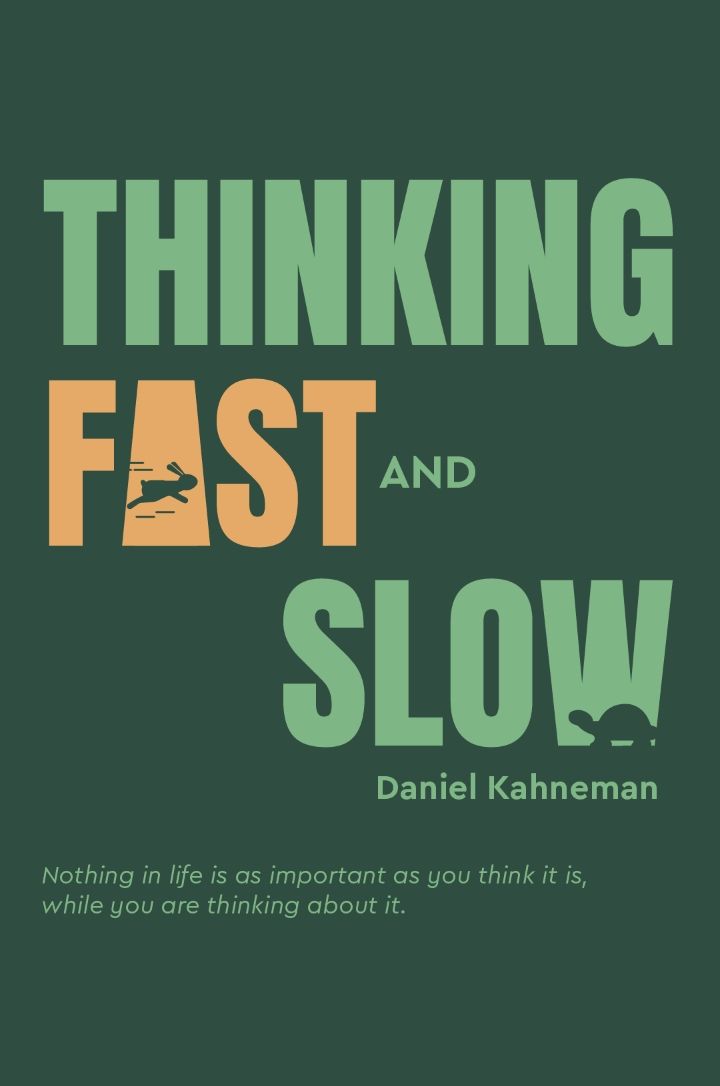Audio available in app
Overconfidence is a common mistake in forecasting from "summary" of Thinking, Fast and Slow by Daniel Kahneman
The tendency to be overconfident in our ability to predict future events is a common mistake that we make when making forecasts. This overconfidence can lead us to believe that we have more knowledge and expertise than we actually do, leading to inaccurate predictions. One reason for this overconfidence is the cognitive bias known as the planning fallacy, which causes us to underestimate the time, costs, and risks involved in completing a project. This bias leads us to believe that we can accurately predict the future, when in reality, our forecasts are often overly optimistic. Another factor that contributes to overconfidence in forecasting is our reliance on intuition and gut feelings. We tend to trust our instincts and beliefs, even when they are not supported by evidence or data. This can lead us to make predictions based on flawed reasoning, rather than objective analysis. Additionally, our tendency to seek out information that confirms our beliefs, while ignoring information that contradicts them, can also contribute to overconfidence in forecasting. This confirmation bias can lead us to overestimate the accuracy of our predictions, as we only consider information that supports our initial assumptions.- Overconfidence in forecasting is a common mistake that we make due to cognitive biases such as the planning fallacy, reliance on intuition, and confirmation bias. By recognizing these biases and taking steps to mitigate their effects, we can improve the accuracy of our predictions and make more informed decisions.


